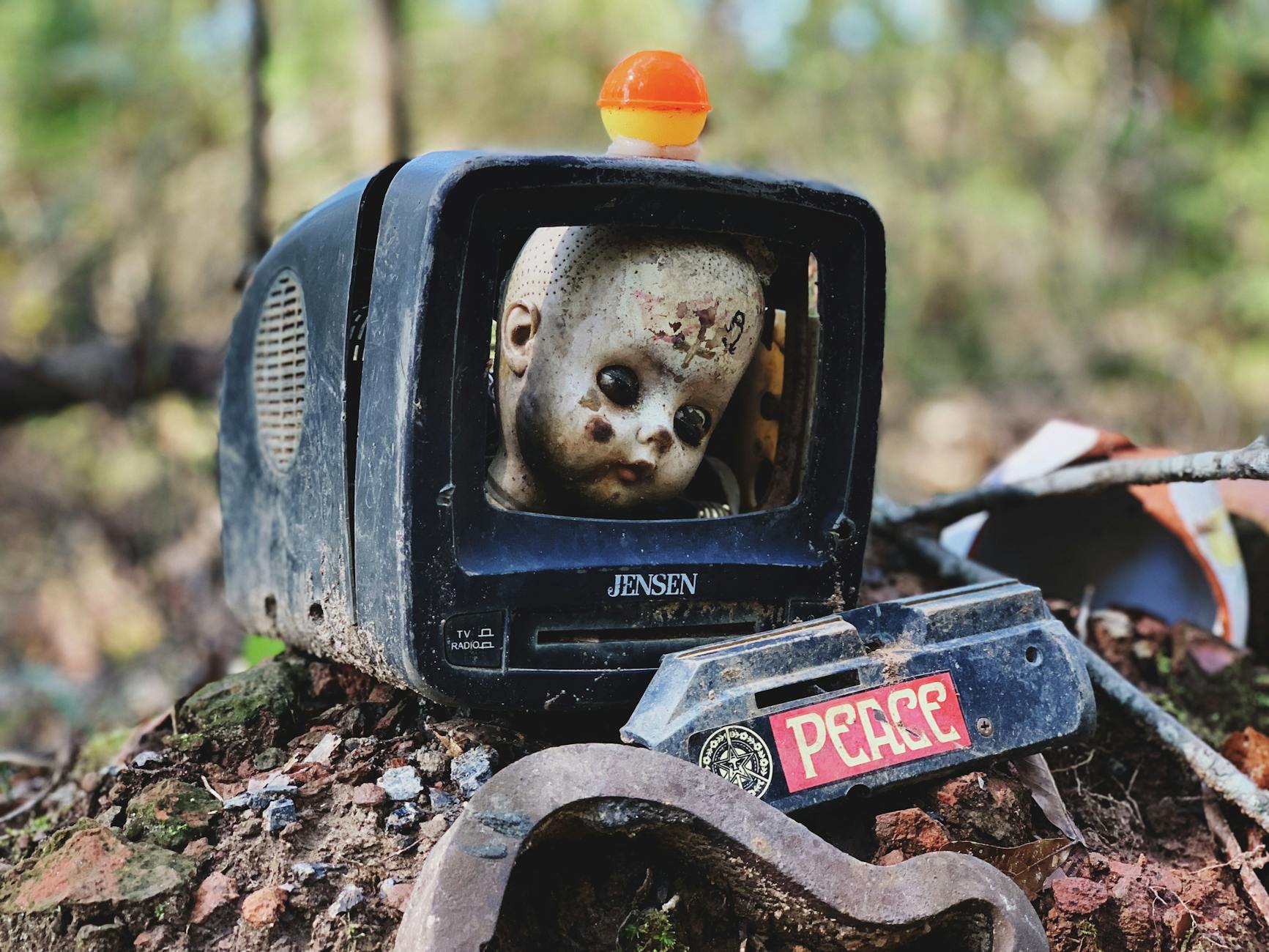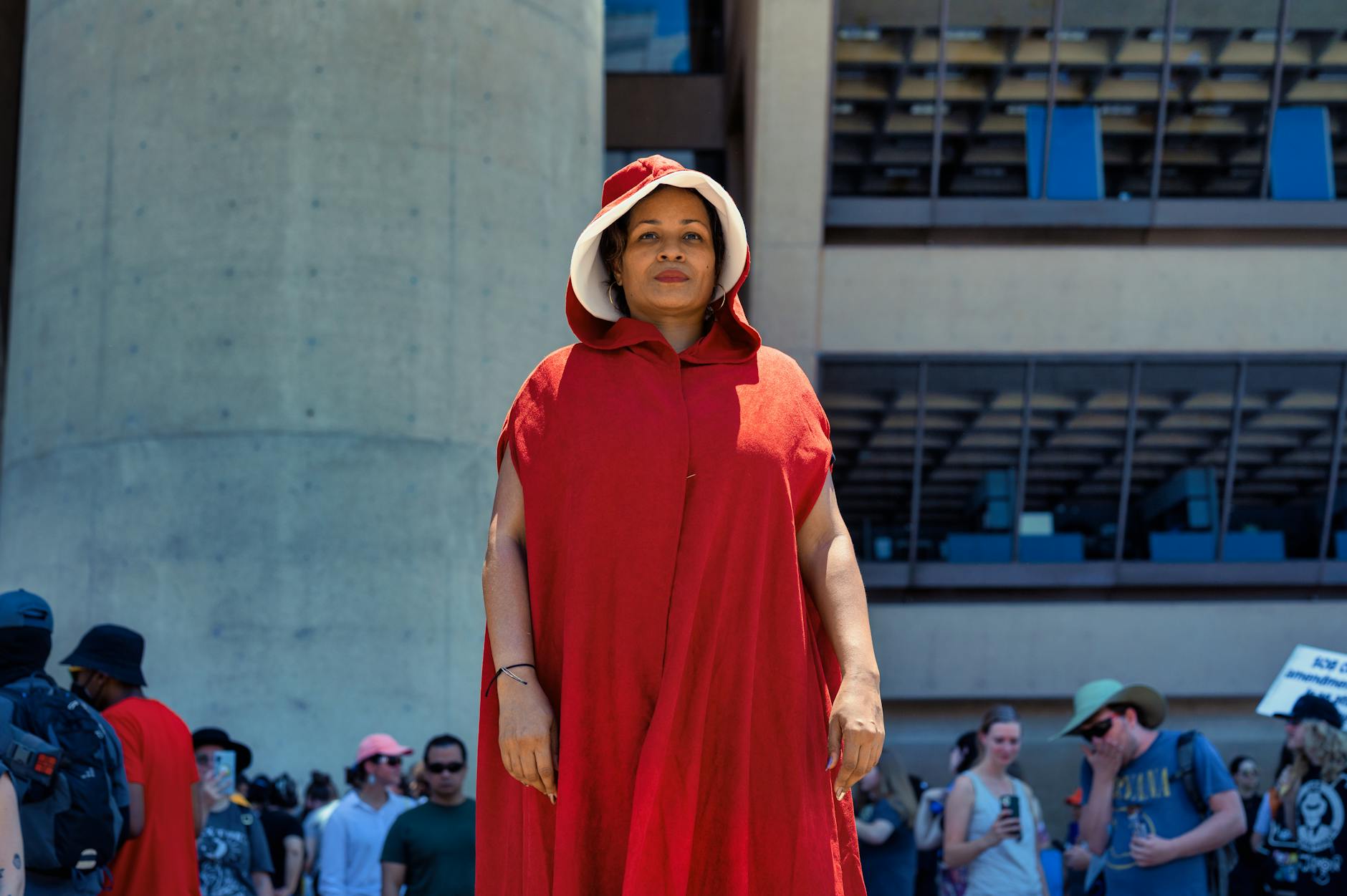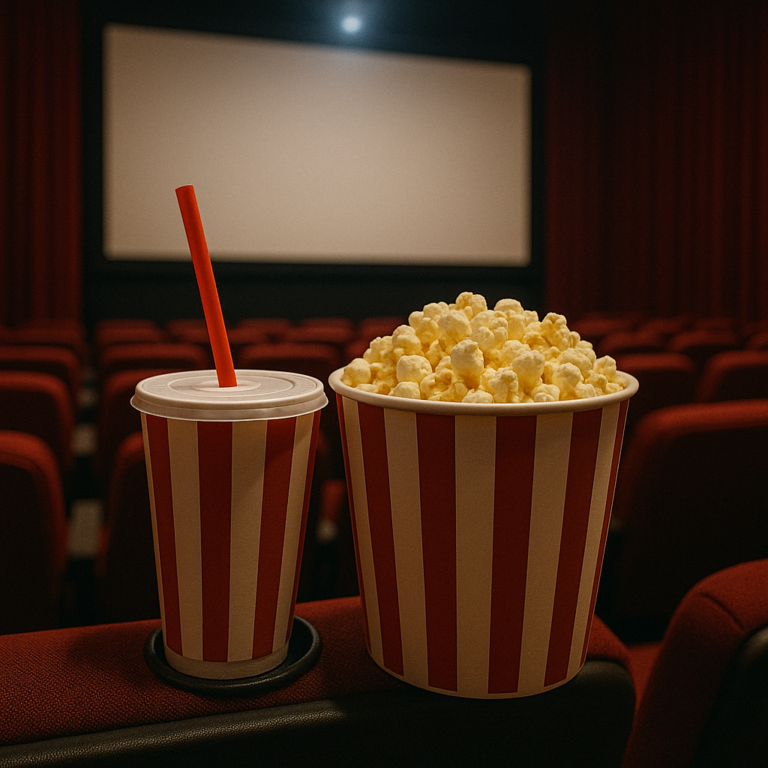Exploring dystopian themes in cinema reveals a fascinating mirror held up to society’s deepest anxieties, from totalitarian control to technological overreach and environmental collapse. The dystopian film genre has maintained remarkable relevance since George Orwell’s vision first reached screens in 1956, evolving alongside shifting cultural fears while retaining its core purpose: warning audiences about potential futures born from present-day complacency. These films do more than entertain; they serve as philosophical thought experiments that challenge viewers to examine the structures of power, technology, and human nature that shape daily existence. The questions raised by dystopian cinema remain urgently contemporary.
How much privacy are citizens willing to sacrifice for security? At what point does technological convenience become oppressive dependency? Can resistance movements succeed against entrenched authoritarian systems? These aren’t merely academic concerns”they reflect debates happening in legislatures, boardrooms, and living rooms worldwide. The genre’s persistent popularity suggests audiences recognize something valuable in these cautionary tales, returning to them not for escapism but for frameworks to understand complex realities. By the end of this examination, readers will understand the evolution of dystopian filmmaking from its literary origins through contemporary streaming releases. The analysis covers key thematic categories, essential films every serious viewer should experience, and the techniques filmmakers employ to make imagined futures feel disturbingly plausible. Whether approaching the genre as a casual viewer or a dedicated film scholar, this exploration provides tools for deeper engagement with one of cinema’s most intellectually stimulating traditions.
Table of Contents
- What Defines Dystopian Themes in Cinema and Why Do They Resonate?
- The Evolution of Dystopian Cinema from 1984 Adaptations to Modern Releases
- Surveillance and Privacy Themes in Dystopian Film History
- How Filmmakers Create Believable Dystopian Worlds on Screen
- Common Criticisms and Limitations of Dystopian Film Narratives
- International Perspectives on Dystopian Cinema Beyond Hollywood
- How to Prepare
- How to Apply This
- Expert Tips
- Conclusion
- Frequently Asked Questions
What Defines Dystopian Themes in Cinema and Why Do They Resonate?
Dystopian cinema occupies a specific space within speculative fiction, distinguished from post-apocalyptic narratives by its focus on functioning but oppressive societies rather than collapsed civilizations. The genre’s defining characteristic lies in its presentation of organized social systems that have achieved stability through morally compromised means”mass surveillance, suppression of individuality, rigid caste structures, or technological control. Unlike horror films that threaten characters with external monsters, dystopian works locate terror within the system itself, where ordinary people become complicit in their own oppression.
The resonance of these films stems from their relationship to recognizable reality. Effective dystopian cinema doesn’t present wholly alien worlds but rather extrapolates from existing trends to their logical extremes. When viewers watch the memory manipulation in “Eternal Sunshine of the Spotless Mind” or the social credit system in “Nosedive” (Black Mirror), they see amplified versions of technologies and social pressures already present. This proximity creates unease precisely because the depicted futures feel achievable within a generation or two.
- **Social Control Mechanisms**: Dystopian films explore how governments and corporations might use propaganda, surveillance, and behavioral conditioning to maintain order
- **Individual vs. Collective Identity**: The genre consistently examines tension between personal freedom and social conformity, often through protagonists who awaken to their society’s true nature
- **Technology as Double-Edged Sword**: From “Metropolis” (1927) to “Ex Machina” (2014), films interrogate how tools created to serve humanity might instead enslave it
- **Class Stratification**: Economic inequality receives sharp examination in works like “Elysium” and “Snowpiercer,” where physical space literalizes social hierarchy

The Evolution of Dystopian Cinema from 1984 Adaptations to Modern Releases
George Orwell’s “1984” has received multiple screen adaptations, with Michael Radford’s 1984 version starring john Hurt remaining the definitive interpretation. Released deliberately during the year of its title, this adaptation captured Cold War anxieties about totalitarianism while establishing visual and narrative conventions the genre would employ for decades. The film’s muted color palette, cramped interiors, and atmosphere of perpetual exhaustion influenced countless successors. Its depiction of the Ministry of Truth’s reality manipulation feels increasingly relevant in an era of “alternative facts” and deep-fake technology.
The 1990s and 2000s saw dystopian themes merge with action cinema, producing works that balanced philosophical content with spectacle. “The Matrix” (1999) introduced millions to simulation theory while delivering groundbreaking visual effects. “Children of Men” (2006) employed virtuosic long takes to immerse viewers in a world of human infertility and societal breakdown. “V for Vendetta” (2005) brought graphic novel sensibilities to questions about terrorism, resistance, and identity. These films demonstrated the genre’s commercial viability while maintaining intellectual substance.
- **1950s-1970s Foundation**: “Invasion of the Body Snatchers” (1956), “Fahrenheit 451” (1966), and “A Clockwork Orange” (1971) established core genre conventions during Cold War paranoia
- **1980s Expansion**: “Blade Runner” (1982), “Brazil” (1985), and “RoboCop” (1987) added corporate dystopia and cyberpunk aesthetics to the genre vocabulary
- **2010s Young Adult Wave**: “The Hunger Games” franchise brought dystopian themes to mainstream audiences, grossing over $2.9 billion worldwide and inspiring numerous imitators
- **Recent Streaming Era**: Platforms like Netflix have enabled longer-form dystopian storytelling through series like “Black Mirror” and “3%” while theatrical releases like “Don’t Look Up” (2021) tackle climate denial through satirical dystopia
Surveillance and Privacy Themes in Dystopian Film History
The panopticon concept”a prison design where inmates never know if they’re being watched”serves as architectural metaphor for surveillance-focused dystopian films. Orwell’s telescreens in “1984” represented this most directly, but subsequent films have updated the concept for digital realities. “Enemy of the State” (1998), while technically a thriller, depicted NSA capabilities that seemed fantastical until Edward Snowden’s 2013 revelations proved them understated.
“The Circle” (2017) examined social media’s voluntary surveillance, where users eagerly broadcast their lives while companies harvest the data. The surveillance theme connects to broader questions about identity and autonomy. In “Minority Report” (2002), pre-crime technology raises questions about free will and determinism”if authorities can predict your crime, are you guilty before acting? “Gattaca” (1997) explores genetic surveillance, where DNA determines social possibility regardless of individual achievement. These films recognize that surveillance extends beyond government monitoring to encompass the countless ways modern life involves being watched, measured, and categorized.
- **Physical Surveillance**: Traditional camera and monitoring systems depicted in “1984,” “THX 1138,” and “The Lives of Others”
- **Digital Surveillance**: Data collection and algorithmic monitoring explored in “Her,” “The Social Network,” and “Anon”
- **Self-Surveillance**: The internalization of monitoring, where citizens police themselves, examined in “Equilibrium” and various Black Mirror episodes
- **Corporate Surveillance**: Private sector data collection featured in “The Circle,” “Sorry to Bother You,” and “Upgrade”

How Filmmakers Create Believable Dystopian Worlds on Screen
Production design in dystopian cinema serves narrative and thematic purposes beyond mere aesthetics. The genre employs several recurring visual strategies to communicate oppression. Brutalist architecture, with its imposing concrete forms, appears throughout “THX 1138,” “Brazil,” and “The Hunger Games” to suggest governmental indifference to human scale. Color desaturation in films like “1984” and “The Road” creates psychological environments of hopelessness.
Conversely, dystopias disguised as utopias”such as “The Truman Show” or “The Giver””employ oversaturated, artificial brightness that signals something fundamentally wrong beneath the pleasant surface. Sound design and music contribute equally to dystopian world-building. Vangelis’s synthesizer score for “Blade Runner” created an audio template blending melancholy and technological alienation that influenced decades of science fiction soundtracks. The oppressive silence punctuated by mechanical noise in “THX 1138” emphasizes the sterility of its underground society. Recent films like “A Quiet Place” take this further, making sound itself the mechanism of danger and building entire narratives around auditory threat.
- **Costume Design**: Uniforms and standardized clothing (as in “1984” and “Equilibrium”) visually enforce conformity, while extravagant costumes for elites (as in “The Hunger Games”) display power stratification
- **Location Scouting**: Real architectural locations substitute for fictional dystopias””Brazil” used real Brutalist buildings, while “Children of Men” filmed in actual refugee camps
- **Visual Effects Integration**: Modern dystopian films blend practical sets with digital extensions, as seen in “Blade Runner 2049’s” use of miniatures combined with CGI
- **Temporal Displacement**: Mixing future technology with retro aesthetics (seen in “Brazil” and “Bioshock” adaptations) creates uncanny settings that resist easy temporal placement
Common Criticisms and Limitations of Dystopian Film Narratives
Despite the genre’s intellectual ambitions, dystopian cinema faces legitimate criticism regarding structural limitations. The most common complaint concerns the “chosen one” narrative that dominates mainstream entries”a single exceptional individual who perceives truth and leads revolution against the system. This structure, prominent in “The Matrix,” “Divergent,” and countless others, potentially undermines the genre’s political messaging by suggesting systemic change requires messianic figures rather than collective action. Films like “Snowpiercer” somewhat subvert this by revealing their apparent savior as system-perpetuating rather than system-breaking.
Another significant limitation involves the treatment of resistance and revolution. Most dystopian films end either with successful overthrow or tragic failure, rarely examining the messy aftermath of revolution. “The Hunger Games” series represents an exception, with its final installment exploring how revolutionary movements can replicate the oppression they opposed. Critics also note the genre’s tendency toward Western perspectives”most prominent dystopian films emerge from Hollywood and reflect specifically American or European anxieties, potentially overlooking how dystopian realities already exist for many global populations.
- **Gender Representation**: Early dystopian cinema largely centered male protagonists, though recent decades have seen significant correction through works like “Mad Max: Fury Road” and “The Handmaid’s Tale”
- **Racial Politics**: The genre’s whiteness has been critiqued, though films like “Get Out” and “Sorry to Bother You” have introduced distinctly Black perspectives on American dystopia
- **Economic Blind Spots**: Many dystopian films critique authoritarian government while accepting or ignoring corporate capitalism, a limitation “RoboCop” and “Blade Runner” notably avoid
- **Resolution Problems**: The narrative requirement for climax and resolution often simplifies complex political realities into conquerable antagonists

International Perspectives on Dystopian Cinema Beyond Hollywood
Non-Hollywood dystopian films offer valuable counterpoints to American genre conventions. South Korean cinema has produced particularly striking entries””Snowpiercer” (2013) and “Parasite” (2019, arguably dystopian-adjacent) from Bong Joon-ho examine class warfare with savage precision absent from most Western treatments. Brazilian series “3%” depicts a society where only three percent of the impoverished population can join the elite through brutal competition, directly reflecting Brazilian inequality. These international works often bring lived experience of authoritarianism and economic stratification that American filmmakers can only imagine.
Japanese anime has contributed substantially to dystopian visual vocabulary. “Akira” (1988) depicted post-nuclear Tokyo with unprecedented detail, influencing Western cyberpunk aesthetics for decades. “Ghost in the Shell” (1995) explored consciousness and identity in networked societies before social media existed. European productions including “The Platform” (Spain, 2019) and “High-Rise” (UK, 2015) bring different philosophical traditions to dystopian premises, often favoring allegory and ambiguity over Hollywood’s explanatory tendencies.
How to Prepare
- **Read Source Material When Available**: Many dystopian films adapt novels”Orwell’s “1984,” Huxley’s “Brave New World,” Atwood’s “The Handmaid’s Tale,” Dick’s numerous works. Reading these sources before viewing adaptations provides context for filmmakers’ interpretive choices and reveals what cinematic adaptations necessarily omit or alter.
- **Research Historical Context of Production**: “Invasion of the Body Snatchers” hits differently understanding 1950s McCarthy-era paranoia. “Children of Men” resonates with awareness of early 2000s refugee crises. Understanding when and why specific dystopian films emerged illuminates their commentary on contemporary anxieties.
- **Study Genre Conventions and Archetypes**: Familiarity with recurring dystopian elements”the awakening protagonist, the resistance faction, the all-seeing authority, the forbidden knowledge”allows recognition of how individual films employ or subvert established patterns.
- **Develop Visual Literacy**: Learning basic film analysis terminology (mise-en-scène, diegetic sound, montage) enables articulation of how filmmakers communicate meaning beyond dialogue and plot. Dystopian cinema particularly rewards attention to production design, color grading, and architectural choices.
- **Compare Across Eras and Cultures**: Watching dystopian films chronologically or thematically reveals evolution in concerns and techniques. A viewing progression from “Metropolis” through “Blade Runner” to “Ex Machina” shows how anxieties about technology and labor have transformed over a century.
How to Apply This
- **Identify the Real-World Parallel**: Every effective dystopian film responds to actual social conditions. When viewing, ask what contemporary issue the film addresses. “Don’t Look Up” targets climate denial; “Get Out” examines liberal racism; “The Handmaid’s Tale” depicts reproductive rights erosion. Finding the parallel deepens engagement.
- **Evaluate the Proposed Solution**: Analyze how the film suggests resistance or resolution. Does it present individual heroism, collective action, escape, or resignation? This reveals the filmmakers’ political assumptions about how change actually occurs.
- **Assess the Film’s Predictive Track Record**: For older dystopian films, consider which predictions materialized and which didn’t. “1984” anticipated surveillance technology but not its corporate rather than governmental implementation. “Blade Runner” imagined replicants but missed smartphones. These assessments sharpen understanding of prediction’s limits.
- **Discuss with Others**: Dystopian films provoke productive disagreement about politics, technology, and human nature. Post-viewing conversations”whether in person or through online communities”expose assumptions and reveal interpretations you might have missed.
Expert Tips
- **Start with acknowledged classics before exploring deep cuts**: Building foundational literacy through films like “Blade Runner,” “1984,” “Children of Men,” and “The Matrix” provides reference points for understanding how later or more obscure entries innovate or respond to established works.
- **Watch director’s cuts when available**: “Blade Runner” exists in seven different versions; the Final Cut represents Ridley Scott’s true vision and significantly alters interpretation. “Brazil” has three cuts with radically different endings. These variations often represent the difference between studio compromise and artistic intent.
- **Pay attention to what the dystopia normalizes**: The most disturbing element often isn’t the obvious oppression but what characters accept without question. In “Gattaca,” genetic discrimination is contested, but constant medical surveillance is unremarked. These blind spots reveal ideological assumptions.
- **Consider who makes the film and who funds it**: A Disney-owned production about corporate dystopia necessarily differs from an independent film with the same premise. Awareness of production context prevents naive consumption of messages that may be compromised by their own creation conditions.
- **Revisit films after significant current events**: “Contagion” acquired new resonance after COVID-19; “Network” grows more relevant with each media consolidation. Dystopian films often appreciate over time as reality catches up with their speculation.
Conclusion
Dystopian cinema from 1984 adaptations to recent releases offers more than cautionary entertainment”it provides conceptual frameworks for understanding power, technology, and human adaptability under pressure. The genre’s evolution from Cold War totalitarian warnings through corporate cyberpunk to contemporary algorithmic anxiety tracks shifting sources of societal fear while maintaining consistent interest in fundamental questions about freedom, identity, and resistance. These films succeed not by predicting specific futures but by illuminating present conditions through estrangement, making visible what familiarity renders invisible.
Engaging seriously with dystopian themes in cinema requires recognizing the genre’s limitations alongside its insights. Not every film successfully navigates the tension between entertainment and education, and even the finest examples reflect their creators’ blind spots and cultural assumptions. The value lies not in accepting any single film’s vision as prophetic truth but in using these imagined futures as thinking tools”hypothetical scenarios that sharpen political analysis and ethical reasoning. Whether seeking intellectual stimulation, aesthetic experience, or simply compelling narrative, viewers who approach dystopian cinema with curiosity and critical awareness will find a genre that rewards attention with lasting provocation.
Frequently Asked Questions
How long does it typically take to see results?
Results vary depending on individual circumstances, but most people begin to see meaningful progress within 4-8 weeks of consistent effort.
Is this approach suitable for beginners?
Yes, this approach works well for beginners when implemented gradually. Starting with the fundamentals leads to better long-term results.
What are the most common mistakes to avoid?
The most common mistakes include rushing the process, skipping foundational steps, and failing to track progress.
How can I measure my progress effectively?
Set specific, measurable goals at the outset and track relevant metrics regularly. Keep a journal to document your journey.


